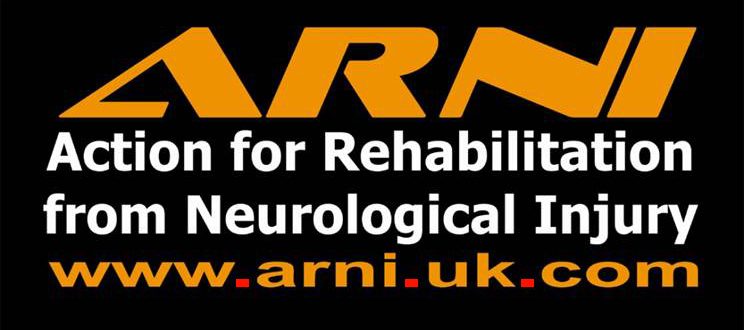Post-stroke rehabilitation is a critical, multi-stage process, yet many survivors report feeling unsupported after formal, short-term hospital therapy ends. This can lead to decreased motivation, learned non-use of affected limbs, and a heightened fear of falling, which can all negatively impact long-term recovery.
The Action for Rehabilitation from Neurological Injury (ARNI) Institute was founded to address this significant gap in the patient pathway. ARNI offers an exciting, innovative, evidence-based program that supports stroke survivors in taking charge of their long-term recovery. The ARNI Approach is distinguished by its focus on three core principles:
* Stroke-Specific Resistance Training: Incorporating strength and conditioning exercises adapted for neurological limitations helps build stability and strength, empowering survivors to discard assistive devices and enhance their functional independence.
Implications for Clinical Practice & Research: The ARNI model challenges the traditional paradigm that recovery plateaus shortly after hospital discharge. Its success highlights the value of personalised, intensive, and long-term neurorehabilitation strategies. For clinicians and researchers, ARNI’s integration of psychological support, functional training, and strength conditioning offers a powerful framework for enhancing patient outcomes and promoting self-reliance.



